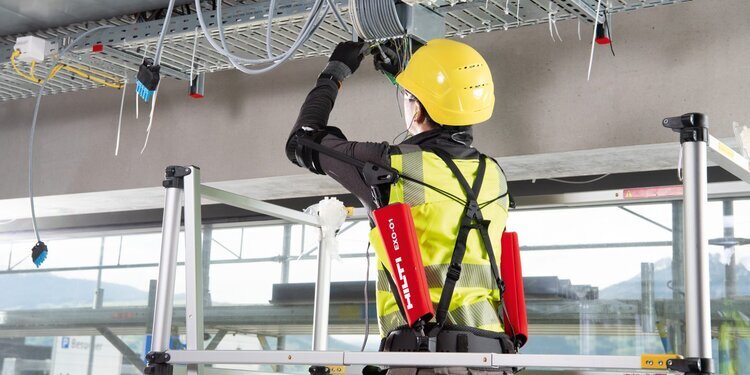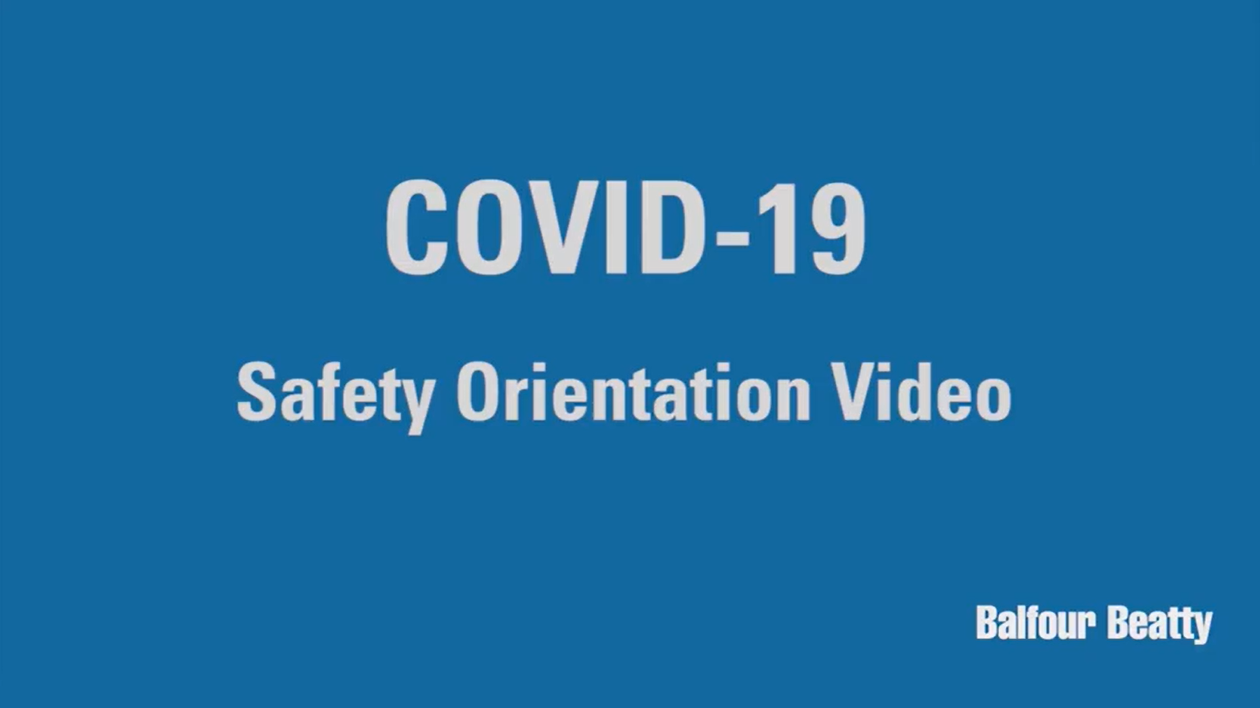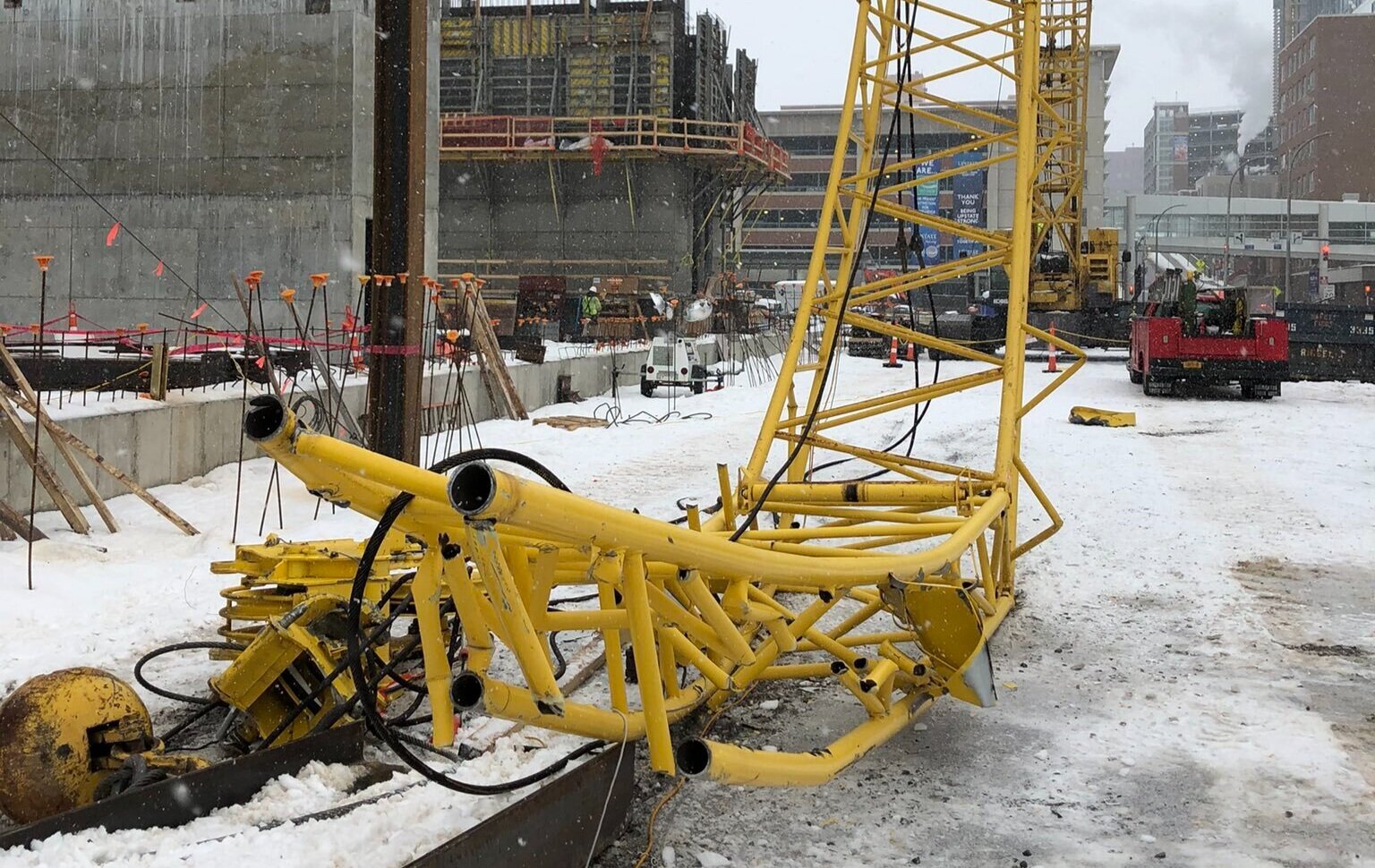After an abundance of delays on rule that would require crane operators to be formally qualified to operate, OSHA finally landed on an effective date of February 7, 2019. After receiving feedback from industry partners, OSHA has decided to delay enforcement for 60 days for contractors who make a “good faith effort” to comply.
Read moreThe Top 10 US States for LEED Certified Construction in 2018
The USGBC recently released their 2018 ranking of the Top 10 US States for LEED construction, which is sorted by Gross Square Footage per Capita. That ranking system allows them to get a fair comparison of states, despite differences in population and number of buildings.
Read moreThe Top States to Work in Construction: #5 Michigan
Michigan, the mitten shaped state consisting of two peninsulas and which also seems to be both south and north of all surrounding states somehow, lands at #5 on our list. The state is already the 6th state from the Midwest Region in the top 10, joining Indiana, Kansas, North Dakota, Ohio, and Wisconsin.
Read moreJBKnowledge Releases 2018 Construction Technology Report | ConTech Junkie
JBKnowledge, a construction technology and consultancy company, has been producing their annual Construction Technology Report since 2012. Now in its 7th year, it is far and away the most comprehensive collection of survey results in the construction technology sector.
Read moreVOTES NEEDED! Construction Junkie Nominated for Best Construction Blog of 2019
Construction Junkie has once again been nominated as one of the top construction blogs on the internet and we NEED YOUR HELP to make us #1. Each year, Construction Marketing Ideas organizes a Best Construction Blog competition featuring some the best blogs in the industry. While we’ve come up short of taking the top spot in the past, we think this year is our year.
Read moreAGC: Almost 80% of Construction Firms Plan to Add Headcount in 2019
The construction industry is still booming in most of the country, which is turning into a double edged sword for many contractors. On one hand, more work equals more money. On the other, more work means the need to find more qualified workers to actually build the projects, which has proven to be a very tough task in recent years. A recent survey highlights the repercussions of that dilemma.
The 2019 Construction Hiring and Business Outlook Report
The Associated General Contractors of America and Sage Construction and Real Estate recently released the results of a survey, titled Contractors Remain Confident About Demand, Worried About Labor Supply: The 2019 Construction Hiring and Business Outlook Report that shows 79% of construction firms plan to add headcount in 2019. That percentage is a slight increase over 2018, in which 75% of respondents said they plan to increase headcount. Almost have of the group that plans to add headcount only plan to increase by 10% or less.
Over 1,300 firms responded to a 20 question survey, covering 49 states and Washington DC. You can find the full survey results here.
Workforce Shortages
On the flip side, 78% reported that they are having a tough time filling both salaried and hourly positions, which was down from 83% in 2018’s results. Not only is the inability to find qualified staff making it difficult to complete more work, 37% of the firms say they are increasing bid costs to compensate for staffing changes.
Pay and Benefits for Employees
Increased labor costs can be good news for the actual workers, though. 59% of firms reported that they gave pay raises, another 29% say they added incentives or bonuses, and another 34% increased benefit packages to help retain and attract employees.
Training and Development
63% of firms plan to invest more into training and development programs for both new and current workers, which is up from 52% last year. That’s great news to hear, because as it becomes more difficult to find qualified workers, firms are increasingly hiring “green” employees with little to no experience. Inexperience on a job site can lead to an increased risk of safety issues without proper training.
Technology
42% of responding companies said that they plan to increase their IT budget in 2019 and 30% of those will use that money towards project and document management software. That makes perfect sense to me, as companies that are serious about using technology to further their business need to pick a centralized platform for sharing and communicating with others.
The survey showed that firms are getting more comfortable with moving their project data to the cloud, with 31% saying they are very comfortable, up from 24% in 2018. Just over a quarter of the respondents say that their biggest technology challenge is finding the time to implement and train employees on the new programs. Overhauling a formerly paper driven system is no doubt a tall task not for the faint of heart.
Full Report: Contractors Remain Confident About Demand, Worried About Labor Supply: The 2019 Construction Hiring and Business Outlook Report | AGC and Sage
Demo Permits Submitted for Future World’s Tallest Voluntary Demolition Project
JPMorgan Chase announced their intentions to tear down their existing 52-story headquarters in Manhattan, New York City early last year. When the demolition is complete, it is widely believed that it will be the tallest building ever to be voluntarily demolished. It’s speculated that the building will be dismantled floor-by-floor, as opposed to imploded, due to obvious safety concerns.
Read moreThe Top States to Work in Construction: #6 Wisconsin
Wisconsin, home of cheese, Milwaukee Tool, and 3 months of tolerable weather per year, lands just outside the top 5 on our countdown, continuing the overall dominance of the Midwest Region. The state is very close to average when it comes to cost of living, at 2.8% below national average.
Read moreFieldwire Releases Custom Form Builder to Cut Down on Paper | ConTech Junkie
I’m a strong proponent of reducing the amount of pen and paper used on construction jobsites. Handwriting notes is great for personal use, but as soon as you need to get those notes or reports to someone else, you either spend time duplicating your work on a computer or never get around to communicating, because your notes were misplaced, destroyed, or illegible. Fieldwire, a field software for collaborating on plans, punch lists, and scheduling, among others, has recently announced the release of a custom form building tool to reduce the need for paper on your jobsite.
Read moreOSHA Releases 7 Videos To Help Prevent Falls in Construction
via OSHA, through YouTube
Falls have long been the leading cause of fatalities in the construction industry, accounting for nearly 40% on an annual basis. Unsurprisingly, OSHA also issues the most citations for falls, and 2 different fall protection standards were on their top 10 most frequently cited violations list of 2018. To help build awareness and in an effort to reduce the number of deaths caused by falls, OSHA has released 6 videos and several other resources for employers.
In addition to the videos, posted below, OSHA has also announced that the 6th annual National Safety Stand-Down to Prevent Falls in Construction will be held from May 6 to May 10th in 2019. That event encourages employers across the country to take some time out of their days to discuss the seriousness of fall protection.
A 24-page Fall Prevention Training Guide has also been released as part of their outreach program. It contains a roadmap for how and when to use fall prevention toolbox talks, as well as a variety of other useful information for training your employees.
Fact sheets for both ladders and scaffolding are available, as well. In the ladders category, extension ladders, job-made wooden ladders, and stepladders all have their own individual fact sheets. In the scaffolding category, narrow frame scaffolds, ladder jack scaffolds, and tube and coupler scaffolds all have their own individual fact sheets.
Now on to the videos. I’m a huge fan of videos, because I think providing visuals is hugely important for knowledge retention and many of us in the construction industry are visual learners.





















